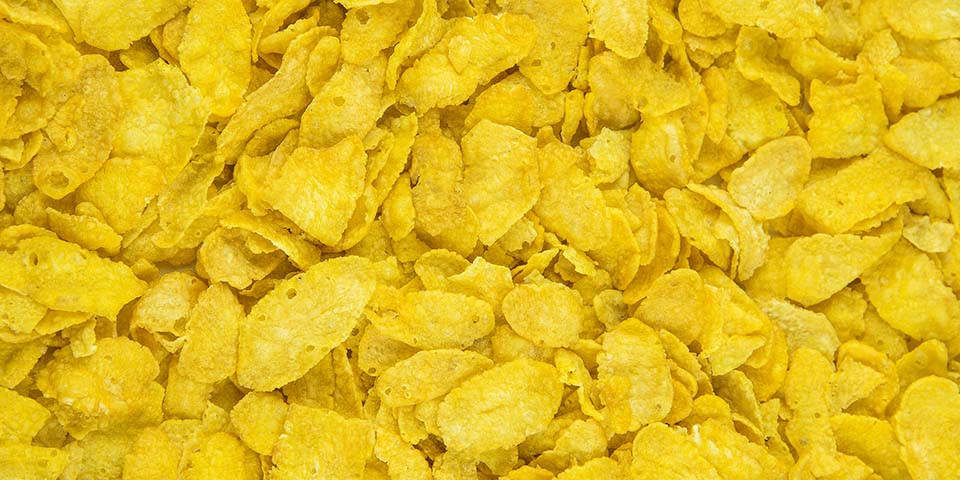Market study: The Swedish market for processed food

Sweden imported approximately SEK 225.3 billion worth of agricultural and food products in 2024. This market study offers insights and supports actionable strategies for exporters of processed foods to establish a foothold in Sweden. It presents an overview of the current situation in the Swedish market, how Swedish buyers choose their suppliers, and the buying process.
Sweden imported approximately SEK 225.3 billion worth of agricultural and food products in 2024, maintaining a similar level to 2023. The 2024 report highlights notable year-on-year import value increases in categories such as coffee, tea and cocoa (+16 per cent), fruit and vegetables (+3 per cent), beverages (+5 per cent) and dairy products (+2 per cent). Imports of oil seeds, oils and fats declined by 21 per cent and 3 per cent respectively.
Key product categories
The key product categories of food import to Sweden are coffee and specialty beverages, fresh fruit and vegetables, vegetarian products, and cereals, grains and meal components. Significant growth in coffee imports highlights strong demand in one of the world’s top per-capita consumers.
In Sweden, approximately two thirds of all food and beverage spending takes place through retail channels, while one third takes place through foodservice. Grocery retail is highly concentrated. Overall, the top three chains cover roughly 90 per cent of the market.
Consumer preferences
The Swedish food and beverage market is continually evolving in response to changing consumer behaviours, distribution dynamics and competitive pressures. Drinks with less sugar and less alcohol as well as functional foods are on the rise. Water shifts from “free” to a valued resource with new communicative and product strategies.
Private labels benefits from improved consumer perception. 60 per cent of European consumers say private label products are “as good as or better than” branded alternatives.The Lifestyles of Health and Sustainability (LOHAS) consumer segment has become a major influence in Swedish food culture, and is growing. According to LOHAS.se, over 30 per cent of Swedes identify with this lifestyle – making food choices based on climate impact, ethics and health (e.g. plant-based, organic and fair trade). Retailers are responding with climate labelling.
EU regulations and national standards
Sweden follows EU food laws on safety, hygiene, labelling and packaging20. Most import/export rules are EU-harmonised. However, Sweden enforces some stricter national standards (e.g. concerning pesticides and salmonella control).
This report also explains the logistics chain for exporting products to Sweden, how buyers typically find trade partners in the Swedish market, the buyers' preferences. There is also recommendations for exporters from developing economies based on the study's findings.
